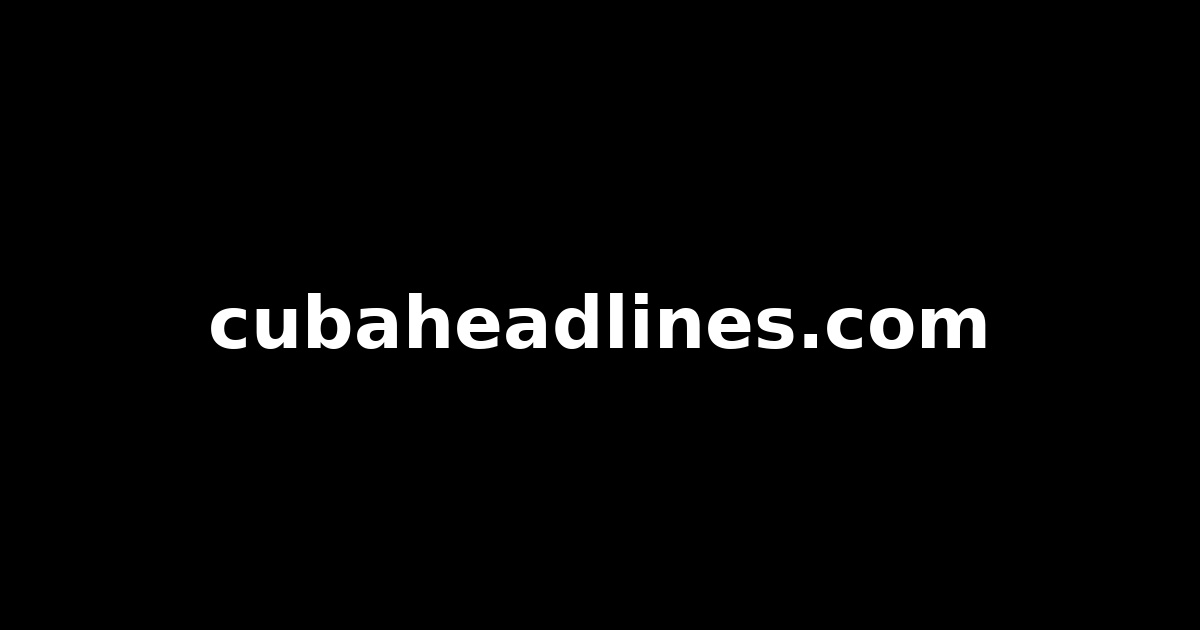Chavez suffered complications in Cuba surgery
- Submitted by: lena campos
- Health and Medicine
- 12 / 15 / 2012

Venezuelan president's cancer surgery complications required 'corrective measures'
Venezuelan President Hugo Chavez suffered bleeding during his cancer surgery in Cuba that required "corrective measures" to stanch the flow, his government said Thursday.
But in the latest of a series of unusually frank reports about the president's delicate condition, Information Minister Ernesto Villegas also said that Chavez has been making a "progressive and favorable" recovery after the complications from Tuesday's surgery.
"This recovery process, nevertheless, will require a prudent period of time as a consequence of the complexity of the surgery performed," Villegas added.
The government has begun providing regular updates on the president's recovery after the six-hour surgery in what appears to be a slight easing of the secrecy that has surrounded Chavez's medical treatment since he fell ill last year.
A somber-faced Vice President Nicolas Maduro warned this week Chavez faced a "complex and hard" recovery period. Villegas has acknowledged that the president may not be well enough in time for his Jan. 10 inauguration for a new six-year term.
But it still remains unclear where the bleeding occurred or how severe the complications were. Still secret are numerous details about the cancer in the president's pelvic area, including the type and location of the tumors that have been removed.
Health Minister Eugenia Sader gave a more positive yet less specific account of Chavez's condition on Thursday, telling reporters "he's in excellent condition" and with family and friends.
National Assembly vote to send a message of solidarity to Venezuelan President Hugo Chavez during the assembly's twice-yearly gatherings in Havana, Thursday. (Ismael Francisco, Cubadebate/Associated Press)
The latest details about Chavez's health came as supporters held church services to pray for him, and as Venezuelans increasingly acknowledged that their country could be on the verge of political change if the leftist leader cannot be sworn in for his fourth term early next year.
One-man rule has been the glue that has held together Chavez's socialist movement, and he hadn't groomed any clear successor until he announced over the weekend that if cancer cuts short his presidency he wants his vice president, Nicolas Maduro, to take over.
Some Venezuelans say they think battles over power may already be brewing within the president's diverse "Chavismo" movement, which includes groups from radical leftists to moderates. Maduro heads a civilian political wing that is closely aligned with Cuba's communist government. National Assembly President Diosdado Cabello, a former military officer, is thought to wield power within the military.
"In politics, everything is possible," said Gustavo Chourio, a bookseller in downtown Caracas. "Maduro doesn't have influence with those in the military. Diosdado has the influence."
'In politics, everything is possible.'
—Chavez supporter Gustavo Chourio
Throughout Chavez's nearly 14-year government, egos and political differences have largely taken a back seat as his allies have followed him and parroted his stances. Chourio said he believes that the president's movement will live on without him because it has grown strong, but he predicted that Maduro and Cabello will have to reckon and deal with each other.
"Those two will have to work it out to guarantee the country's stability and the continuation of the process," said Chourio, a longtime Chavez supporter.
Maduro and Cabello, for their part, projected a united front this week by appearing together at events along with other Cabinet ministers and military commanders. Speaking alongside the pair on Wednesday, Maduro said: "We're more united than ever."
Chavez underwent his fourth cancer-related operation in Havana after announcing that tests had found the illness had come back despite previous operations, chemotherapy and radiation treatments.
Villegas expressed hope on Wednesday about the president returning home for his inauguration, but said in a written message on a government website that if Chavez isn't well enough by then "our people should be prepared to understand it."
The constitution says presidents should be sworn in before the National Assembly, and if that's not possible then before the Supreme Court.
If Chavez were to die or be unable to continue in office, the constitution says that new elections should be held within 30 days. If that happens before the swearing-in, the president of the National Assembly is to take over temporarily until elections are held.
Before his surgery, Chavez acknowledged such a scenario. He said on television, with Maduro and Cabello seated beside him, that if he is unable to continue on as president, Maduro should be elected to take his place and lead the socialist movement.
In one of its twice-annual sessions on Thursday, Cuba's parliament unanimously passed a resolution of support for Chavez.
"We wish for his quick recovery," said the resolution, according to footage broadcast by state television. "At the same time ... we ratify our unconditional solidarity and support, under any circumstances, for the sister Bolivarian Republic of Venezuela in this new battle."
Source: Cbc.ca
Comments